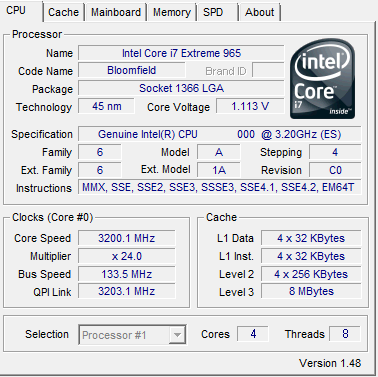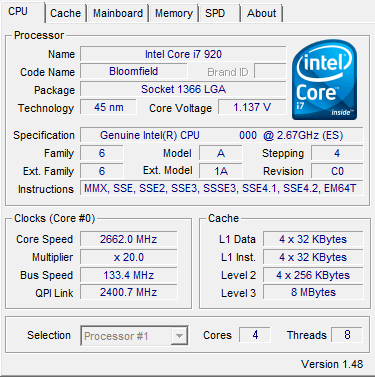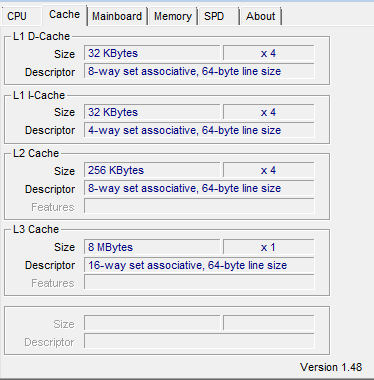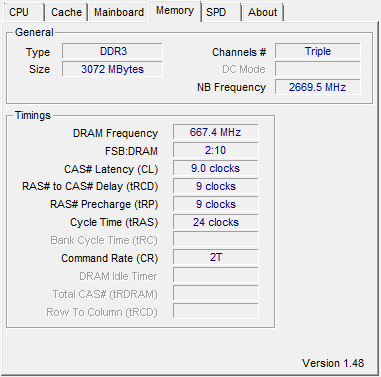Pragmastism and thoughts
The pragmatism of itWe've got this far, somehow, without mentioning clock-speeds or prices, so let's right that wrong.
Clock-speeds are derived by using an external multiplier allied to a 133MHz clock. The higher the multiplier the higher the overall speed.
Core i7 will be launched with three processors available at the end of this month. The Core i7 920 will operating at 2.67GHz ($284) with a 4.8GT/s QPI link. The Core i7 940 will run at 2.93GHz ($562) and the Core i7 965 Extreme Edition will do so at 3.2GHz ($999) - both of these processors will use a faster 6.4GT/s QPI link, for what it's worth.
Other than the clock-speeds the processors are the same, imbued with 1MB L2 cache (256KB per core, remember) and 8MB of shared cache. We're impressed to see quad-core Core i7 matching the fastest also-quad-core Core 2 in the frequency stakes, and it's clear that it will be faster in a number of scenarios.
Pricing, too, seems reasonably keen in an area where Intel has had dominance for a while now. The mid-range Core i7 920 looks to be the pick of the bunch, as far as value is concerned, and its introduction will render practically all Core 2 Quad CPUs marginally pointless if they're currently priced much above it.
Integrating a tri-channel memory-controller means that the socket changes from LGA775 to LGA1366 and accompanying chipset support will require a new breed of motherboard, too.
Here is an Intel Core i7 on the right-hand side, flanking a Core 2 processor on the left. Notice that the package is significantly larger.
And a look at the back. Count the pads if you're bored. The tri-channel memory controller that's now resident on the CPU adds in routing issues that have to be overcome with a new package. That's just one obvious reason why it won't fit into a present LGA775 board.

And here are the vital stats for the Extreme Edition. Also, the bus speed is the host clock - 133MHz. Multiply this to get to the final speed.

As well as the Core i7 920. Notice the slower QPI link?

A question of cache.

And tri-channel memory running at 1,333MHz.
Thoughts on the Core i7 architecture
Core i7's core is based on the incumbent Core 2 Quad processor. The monolithic design is such that its initial outing will be in quad-core guise with octo-core models to follow, and we doubt that many dual-core models will be released in the near future.
The execution guts are largely the same, save for a sprinkling of benefits derived from ongoing optimisation. Hyperthreading, however, stands out as a feature that will make a performance difference on a clock-for-clock basis should the application take advantage of more than four threads.
The biggest improvements, we suppose, are how Intel has changed the way the processor interfaces with the system. There are gobs of bandwidth on tap and the QPI remedies many other bandwidth concerns.
Turbo boost is an interesting innovation and the PCU another bow in Core i7's arsenal.











